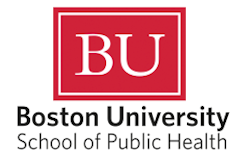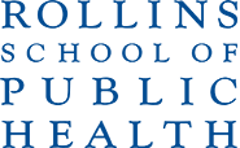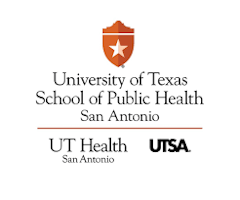1. Learning Styles and Program Structures
When selecting a dual MBA/MPH program, choosing a school and program that can be tailored to your preferred learning style and structure is important. Below are a few questions to consider.
Do you have a preference for when you complete your business and public health coursework? Some programs have integrated dual MBA/MPH programs, while others separate the coursework, with alternating years or semesters focused on just business classes or public health classes alone. Additionally, some programs, like DePaul’s dual MBA/MPH program, offer courses at night to allow flexibility for working professionals.
Do you have specific public health interests? Many programs offer specific public health coursework, such as health policy, health system administration, global health, or environmental health. If you want to pursue a career in something like policy and advocacy or hospital management, look at a program that focuses its coursework on one of your public health interests.
2. Program Duration and Flexibility
Program duration varies school by school, with the shortest being 22 months and the longest taking three years or more. Some schools offer flexibility with online, part-time, or evening courses. Take a look at each program’s website and read about their structure, curriculum, and coursework to see which would be the best fit for you.
3. Networking and Industry Connections
We know that networking is an integral part of professional life nowadays. Being in graduate school cultivates countless networking opportunities, both with your program faculty and industry connections they may have. Many schools have student affairs offices to promote student engagement both within the university and outside the neighboring community. Schools have relationships with neighboring organizations, health systems, nongovernmental organizations, and government officials.
MBA/MPH students will likely have some type of internship or practicum incorporated into their curriculum. Look into your school's partnerships and choose a program with partnering organizations that interest you. Additionally, universities will sponsor career fairs, mentorship programs, and often have at least one administrator dedicated to student employment and community outreach.
With MBA/MPH degrees becoming increasingly common and sought after, the question is not can I get a job,but which job will be the best fit for me?
4. Geographic Location and Campus Culture
With a surplus of MBA/MPH dual degree programs in a variety of geographic environments, it’s important to consider location in your search. Some questions to consider:
Where do you want to live during your graduate studies experience? There are dual MBA/MPH programs located in urban, suburban, and rural parts of the country. If you have a location preference, consider a school located near where you want to live.
What type of job do you want to have after graduating? If you want to work for the government, consider a program near the state capitol or DC. If you want to work for a large health system, consider a school like the University of San Francisco or University of Pennsylvania, with an extensive hospital system attached. If you want to work for a corporation, consider a school with ties to neighboring businesses and offers internships or connections in those fields.
5. Tuition Costs, Financial Aid, and Budget Considerations
It is no secret that graduate education is expensive. We don’t want your MBA program or MPH program to break the bank, so it’s important to consider finances and scholarships when looking at graduate degrees.
Public Service Loan Forgiveness is a federal program that allows loan forgiveness for government workers or non-profit employees. After paying a percentage of one's loan that is proportionate to one's salary for 120 months (non-consecutively), the remaining balance of an individual’s loans are forgiven. Many hospitals are categorized as non-profit organizations, and therefore will qualify their employees for public service loan forgiveness.
Graduate Assistant and Teaching Assistant Positions - Most graduate schools offer GA and TA positions to students in exchange for stipends and/or reduced or free cost of tuition. Individuals will often be paired with a specific course or professor and be assigned research, grading, or other similar entry-level work. Typical hours can range from 5-20 and are often completed asynchronously. These positions are advertised on university websites, so take a look at your prospective program’s opportunities.
MPH Scholarships - there is an abundance of public health scholarships that you may be eligible for. In addition to school-specific scholarships, there are over 70 private, non-profit, and government-sponsored scholarships available for students studying public health. Many scholarships target specific concentration areas, such as health administration, public health practice, health policy, and environmental health.
MBA Scholarships - there are various scholarships you can receive to help pay for your business administration graduate degree. These include many school-specific scholarships, national scholarships, and company scholarships. Many schools offer merit and financial-based scholarships to their students, which can be further offset by national application-based scholarships and organization-based scholarships for people working full or part-time

















